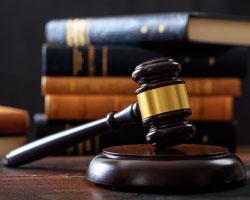Our office is fully operational during the COVID-19 crisis by phone and video conference.
Bankruptcy Remedies For Tenants Facing COVID-19 Evictions And Foreclosures.
Are you facing an eviction threat following failure to pay rent due to Covid-19? Is your mortgage company threatening foreclosure following a period of forbearance? Do not lose hope, the sooner you contact an attorney the better.
 A discharge releases individual debtors from personal liability for most debts and prevents the creditors owed those debts from taking any collection actions against the debtor. Because a chapter 7 discharge is subject to many exceptions, debtors should consult competent legal counsel before filing to discuss the scope of the discharge. Generally, excluding cases that are dismissed or converted, individual debtors receive a discharge in more than 99 percent of chapter 7 cases. In most cases, unless a party in interest files a complaint objecting to the discharge or a motion to extend the time to object, the bankruptcy court will issue a discharge order relatively early in the case – generally, 90 days after the date first set for the meeting of creditors.
A discharge releases individual debtors from personal liability for most debts and prevents the creditors owed those debts from taking any collection actions against the debtor. Because a chapter 7 discharge is subject to many exceptions, debtors should consult competent legal counsel before filing to discuss the scope of the discharge. Generally, excluding cases that are dismissed or converted, individual debtors receive a discharge in more than 99 percent of chapter 7 cases. In most cases, unless a party in interest files a complaint objecting to the discharge or a motion to extend the time to object, the bankruptcy court will issue a discharge order relatively early in the case – generally, 90 days after the date first set for the meeting of creditors.